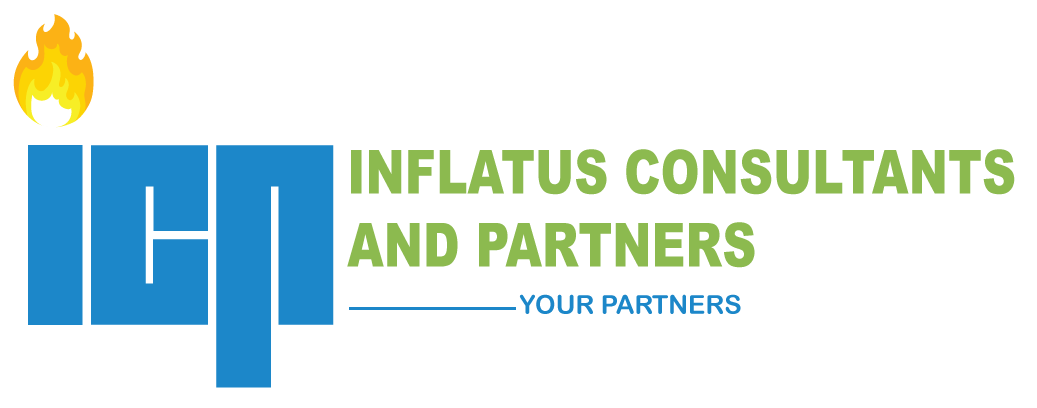TAKE RESPONSIBILITY FOR YOUR DEVELOPMENT
DO NOT LEAVE IT TO YOUR BOSS
This is the third piece on Personal Development, and fifth part of What I Leaned In 30 Years of Employment. I intend to discuss why you should take responsibility for your personal development and not leave it to your boss or the Human Resource (HR) Department.
I agree that organizations spend a lot of money in training their employees. For instance, the Training Industry Report for 2019 shows that organizations with 100 employees and above in the United States of America spent USD83 Billion in training employees. This was 5 percent less than the USD 87.6B spent for the same purpose the previous year.
Why then do I insist that employees should not leave their personal development to the organization when they are already spending so much in providing training? I come to that shortly.
Another report shows that despite a continuously changing economic environment, organizations remain committed to training and development. Senior executives understand that a highly skilled workforce is a strategic differentiator. They are investing in the development of their employees using technology, instructor-led training, and blended solutions to effectively meet training challenges.
So, why should employees not leave their personal development to their bosses or the HR Department? I understand why organizations or employers train their employees. It is fundamentally for ‘business reasons.’ Employees are trained specifically in line with organizational strategic needs. The aim is to enable them to contribute maximally to the objectives of the organization. That is why they ask for justification before the training is approved!
Smart employees should ask: Is there strategic alignment between organizational objectives and the training or development provided to achieve them and my purpose or aspirations in life? Please, read it again and ensure that you understand its implication for your future. What is your answer?
Is there a chance that both are aligned? If not, should that be left to chance or left to the benevolent employer?
Suppose your aspiration in life is to become the president of your country, the governor of your state, or the mayor of your city, otherwise you will die an unhappy man. Is there a chance in the world that your employer will provide training, coaching, and mentoring to enable you realize that aspiration? 99 out of 100 times he will not.
I remember a conversation I had with a young employee of a major national organization. I asked him, “did they ask you what you wanted to become in life during your recruitment interview?”. He said No. The reason is: what he wants is unimportant; what matters is what they want you to do. Should anybody fight against that? Of course, not.
One of my former employers implemented measures to position the organization for greater efficiency and profitability. One such measures was the implementation of Job Families and competency-based ranking.
The initiative included identification of skill gaps and provision of staff training to close the gaps to enable employees progress in their careers. But there was no survey to determine if that was what employees intended to do long term. Why not? Because it was irrelevant!
Why? Well, it is assumed that anyone who aspires to do something different with their lives would have the guts to opt out.
And that is the problem! And the solution.
Employees who aspire to do something different with their lives from what the employer intends need to take responsibility for their future.
My friend and former classmate is an excellent model of taking responsibility for personal development and not leaving it to the boss or the HR Department.
He had always desired to be a pilot even though we were studying to become engineers. Upon graduation from the university he was employed by one of the global leaders in package delivery and supply chain management as Regional Industrial Engineer. As providence would have it, his station was where the only aviation school in the country was located. Without waste of time he registered and started training part time to realize his dream.
However, before he could complete the course, he was transferred to another location by envious bosses, when they heard about his training. This, to the uncommitted would have been the end of the dream. But not for Debo! Quite curiously he was transferred to the heart of the oil and gas industry in the country.
Once he settled down in his new location, he went to the aviation companies that were providing logistic services to the oil industry to seek for employment. One offered to employ him if he would change to rotary wing (helicopter) from fixed wing. Pronto, he resigned his job and went abroad to complete the transition course. However, upon return he was informed that the vacancy no longer existed. Undaunted, he went to another company who offered to employ him if he would complete the fixed wing training from where he left off.
Well, by this time he had exhausted all his savings and was heavily in debt. Nevertheless, he went abroad again to complete the training. He was employed upon his return.
Let me add that he was married and had a family while he was going through all of these.
And because this was his passion, it did not take him too long to excel. He was later seconded to the presidential fleet of our country. I have a photo of him with former American President Bill Clinton because he was assigned to fly him when he visited our country.
The last photo I have is of him flying a United Nations mission.
That is what it means to take responsibility for your personal development. Do not leave it to your boss or to the HR Department.
Are you ready to take responsibility? Click here to begin.


